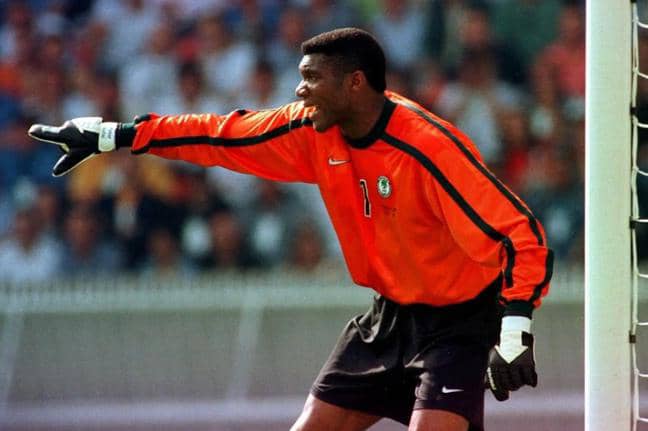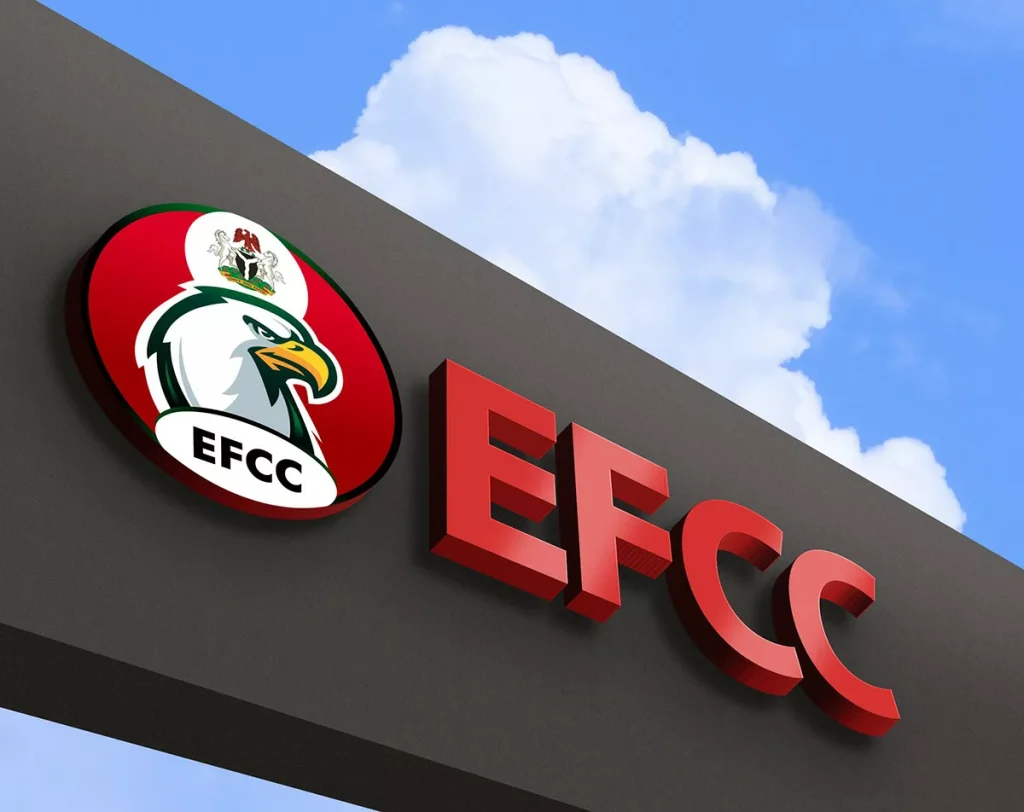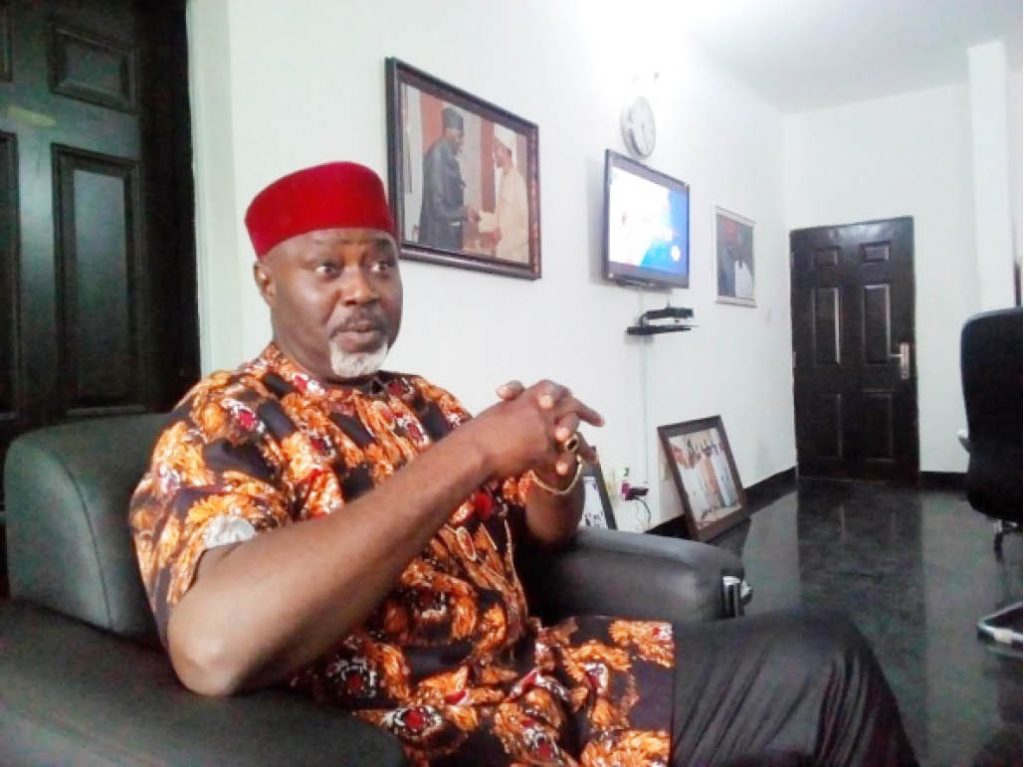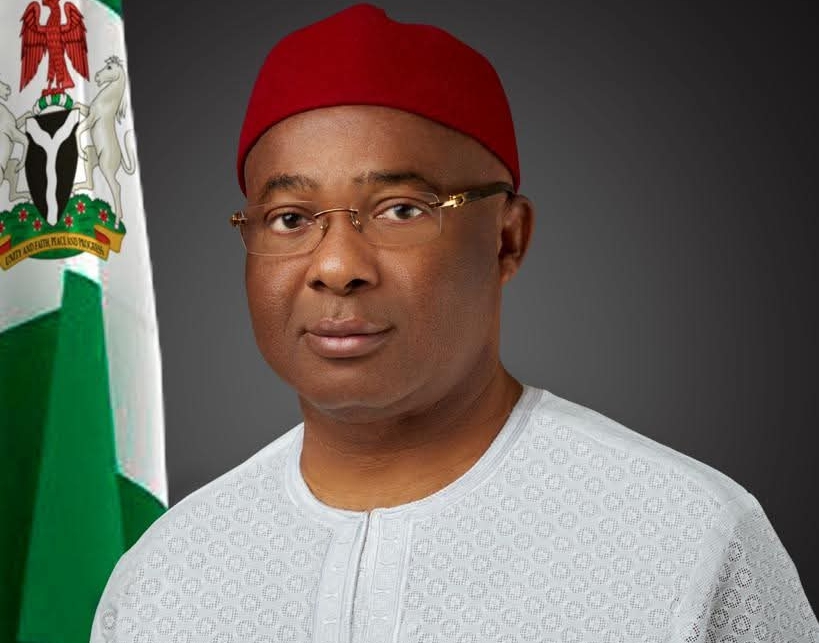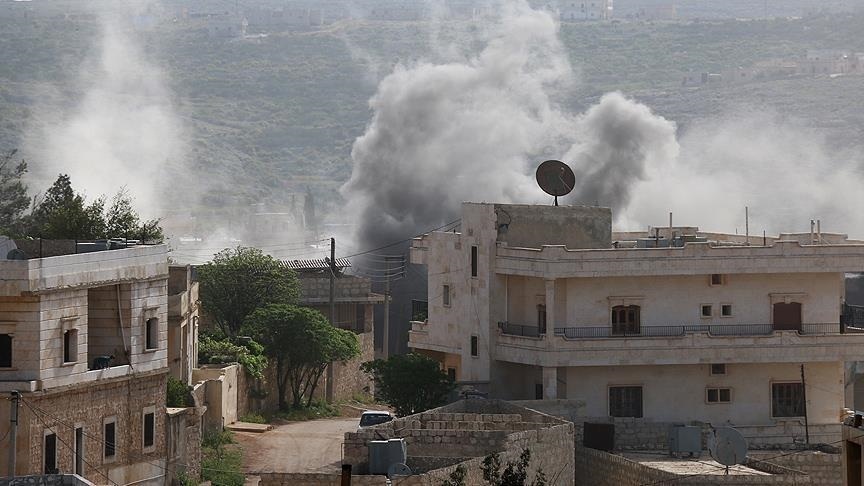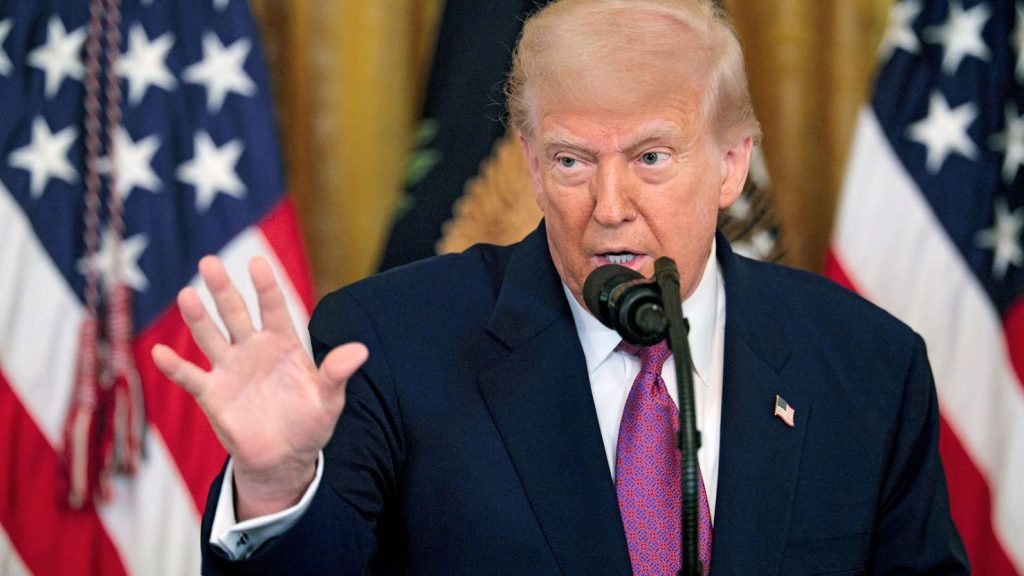News
Rutte Rips Into Lavrov as NATO Ups Defense Spending
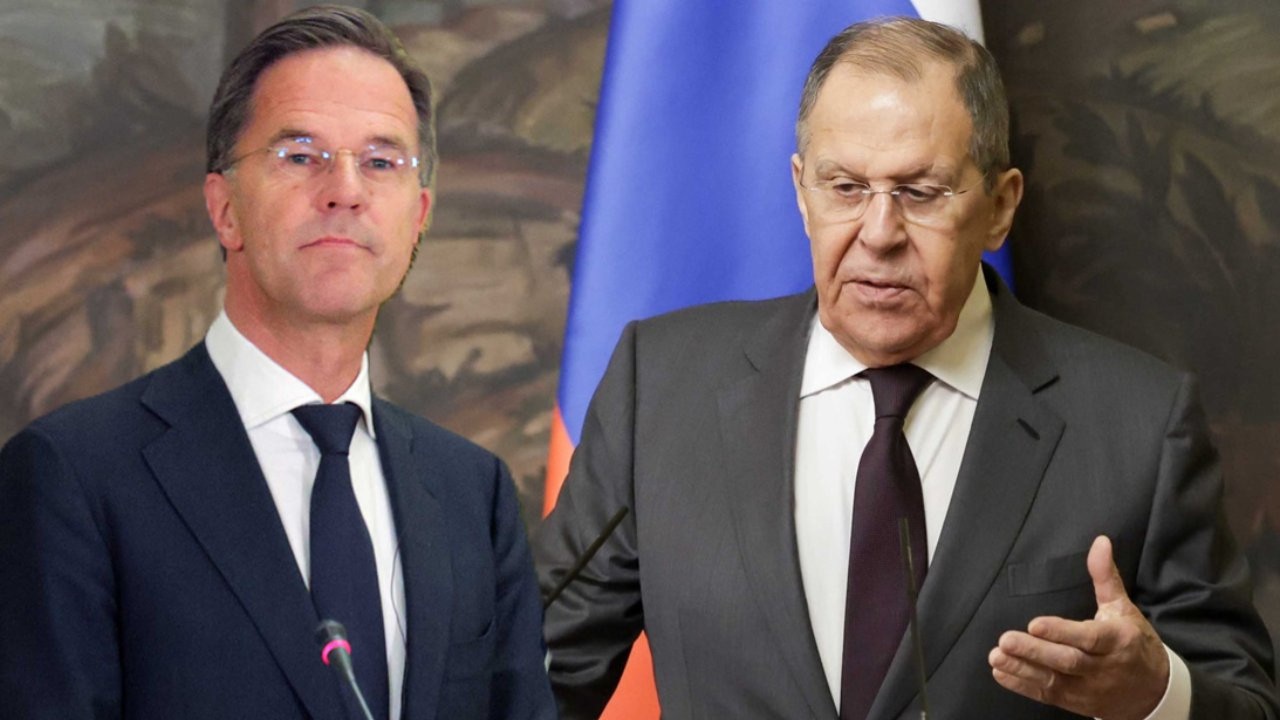
During a recent appearance on U.S. television, NATO Secretary General Mark Rutte took a pointed jab at Russian Foreign Minister Sergey Lavrov, dismissing his statements as lacking any meaningful substance.
Rutte, who assumed the role of NATO’s top official following his tenure as the Dutch Prime Minister, criticized Lavrov’s credibility while speaking on Fox News.
He stated bluntly that “nothing useful” has ever come from Lavrov’s mouth.
His remarks were a direct response to Lavrov’s criticism of NATO’s decision to raise its collective defense spending to 5% of member states’ GDP.
Lavrov had argued that such an ambitious increase could lead to internal instability and possibly trigger the alliance’s downfall.
However, Rutte was quick to discredit the Russian diplomat’s warning, suggesting it was not worth serious consideration.
Rutte sarcastically questioned Lavrov’s longevity in office, implying he had been Russia’s foreign minister since “the birth of Jesus Christ,” before quipping that nothing valuable had been said by him in all that time.
Lavrov has in fact served as Russia’s foreign minister since 2004.
His tenure is reportedly marked by contentious international statements and staunch support of Kremlin policies.
These include during Russia’s full-scale invasion of Ukraine in 2022.
The exchange of barbs between Western and Russian diplomats follows renewed tensions over military spending and strategic priorities.
Lavrov’s comments were intended to counter a statement made by Polish Foreign Minister Radoslaw Sikorski.
Sikorski had suggested that Russia’s increasingly unsustainable defense budget could become President Vladimir Putin’s Achilles heel.
According to the Stockholm International Peace Research Institute (SIPRI), Russia allocated approximately $149 billion to its military in 2024.
This supposedly amounted to about 7.1% of its Gross Domestic Product (GDP).
Even Putin himself has acknowledged the economic strain such a budget places on the Russian economy.
It was an unusual admission from a leader who typically frames defense spending as essential to national sovereignty and global influence.
In contrast, NATO’s recent agreement to elevate defense expenditures to a collective target of 5% of GDP was portrayed by Rutte as a historic milestone for the alliance.
Speaking on the long-standing debate over burden-sharing among NATO members, Rutte noted that discussions about adequate defense funding date back to the early days of the alliance.
He referenced former U.S. President Dwight D. Eisenhower.
Eisenhower served as NATO’s first Supreme Allied Commander in Europe before becoming President, as a key figure in those original conversations.
NATO was established in 1949 during the presidency of Harry S. Truman, with the goal of creating a mutual defense pact among Western democracies in the aftermath of World War II.
Over the decades, debates over financial contributions have persisted, often fueled by U.S. leaders’ frustrations over uneven spending among allies.
While the 5% target is significant, it is important to note that this figure includes traditional military expenditures.
It also includes contributions to Ukraine and other strategic investments like infrastructure and cyber defense.
As such, the actual increase in spending for individual member states may not be as severe as some critics fear.
This broader definition allows countries more flexibility in meeting the target while still aligning with NATO’s collective objectives.
Rutte emphasized that achieving consensus on the spending hike was a major diplomatic success.
According to him, it reflects a growing recognition among NATO countries of the importance of long-term security planning in the face of evolving threats, especially those posed by Russia.
He downplayed Lavrov’s rhetoric, implying that such comments were predictable attempts to sow doubt and division within the alliance.
The Secretary General’s remarks, while delivered with a dose of humor, underscored a serious commitment to strengthening NATO’s deterrence posture.
As the geopolitical landscape continues to shift, especially with ongoing conflict in Ukraine and rising global tensions, NATO appears determined to solidify its readiness and cohesion—regardless of what its critics in Moscow may say.
For Diaspora Digital Media Updates click on Whatsapp, or Telegram. For eyewitness accounts/ reports/ articles, write to: citizenreports@diasporadigitalmedia.com. Follow us on X (Fomerly Twitter) or Facebook





